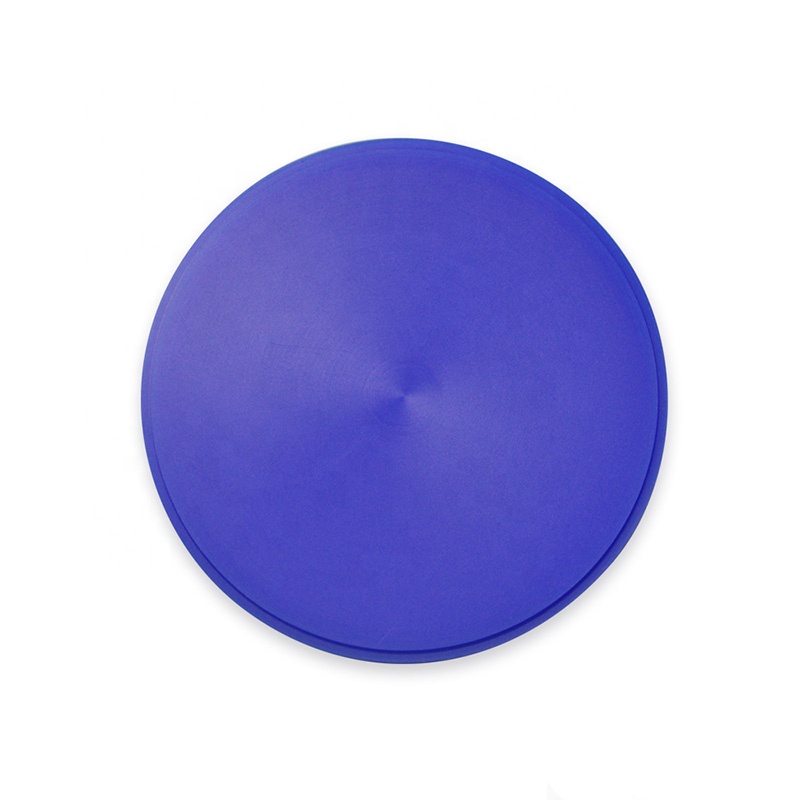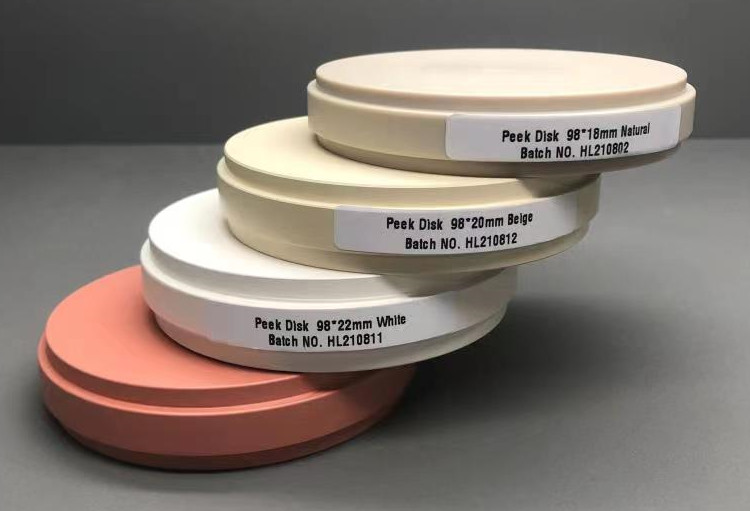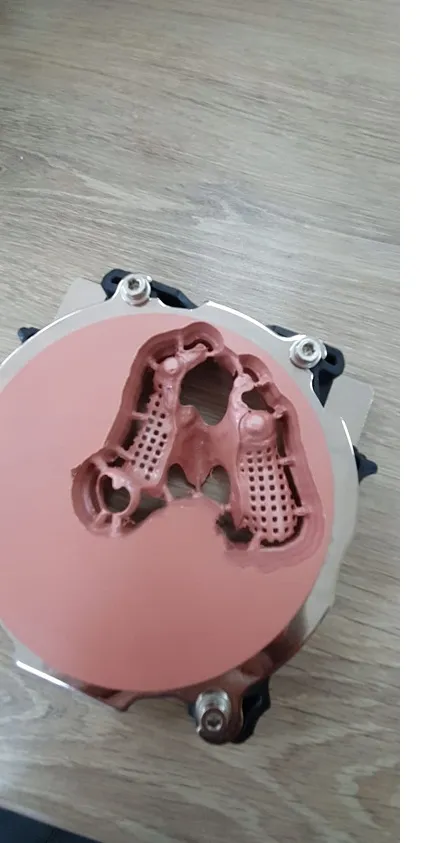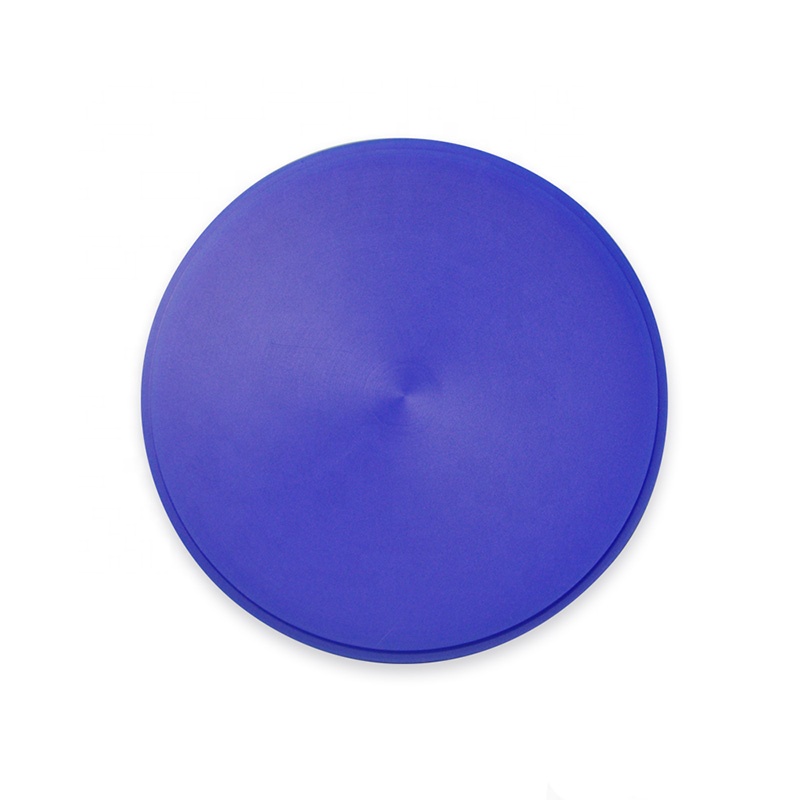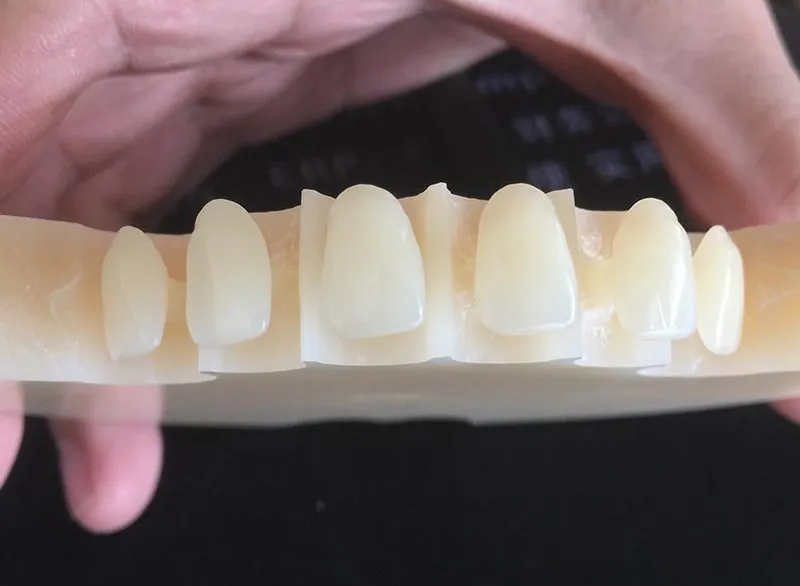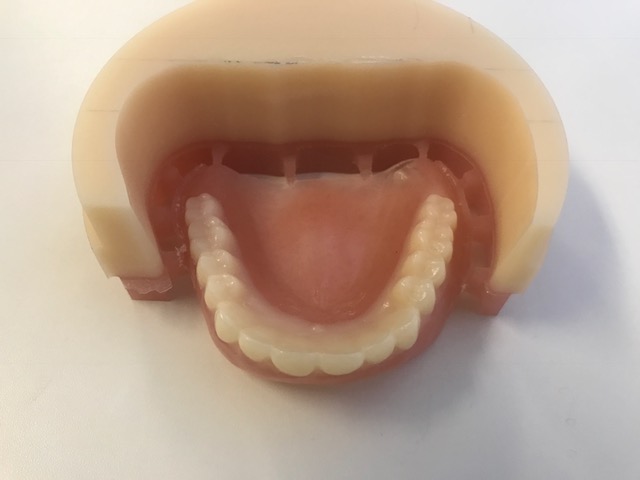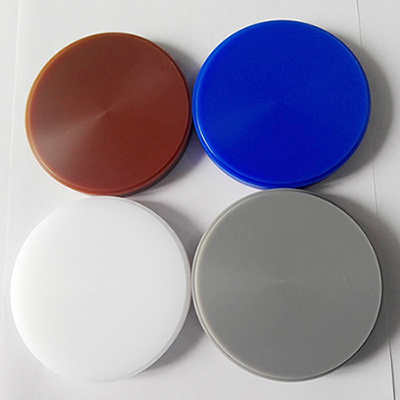Dental PMMA Blocks: Being Developed and Used
2024-04-07
Dental care is one of the unique departments responsible for providing medical care to dental patients with the primary aim of restoring the smile they have lost due to various complex dental problems and making them so attractive. HAHASMILE offers different types of dental products such as zirconia blocks and other materials. Today we will discuss one of these products which are widely used in various complex dental procedures and surgeries.
This special product, called dental PMMA blocks, has a perfect color similar to the teeth and also has excellent biocompatibility for the dental patients who need it the most. In addition, these blocks are made by using high temperatures and pressures that favor better vitality. They are also very transparent by nature and are available in A1, A2 and A3 colors, only for patients who want to wear it.
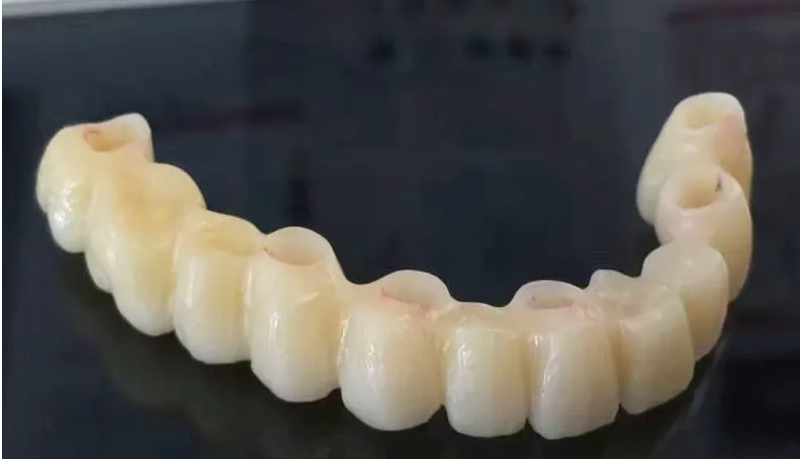
Historical background
PMMA is an odorless acrylic polymer, first reported by Redtenbacher in 1843. However, the development of PMMA for biomedical applications was a gradual process that lasted for decades. Since the 1940s, PMMA has become an essential biomaterial for dental laboratories and clinics
.
PMMA has replaced the previously used denture base materials due to the acquisition of properties such as ease of processing, acceptable mechanical properties, aesthetics, cost effectiveness and relatively low toxicity. All previously used denture base materials have certain disadvantages and the search for an ideal denture base material is still ongoing. In the latter half of the 20th century, PMMA not only replaced other denture base materials, but gained significant popularity in the manufacture of a variety of dental and maxillofacial restorations, including obturators, dentures, temporary crowns and bridges.
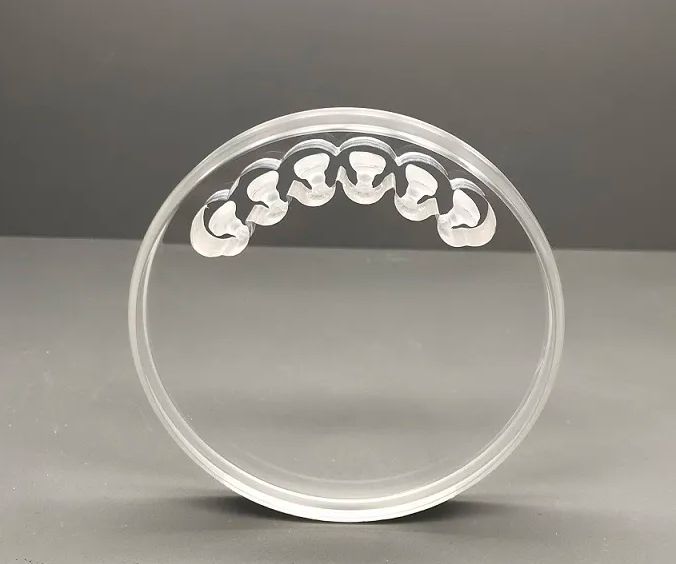
Properties of PMMA
PMMA-based materials should have certain desirable properties, depending on the biological application. Therefore, PMMA materials have been extensively modified and explored in terms of various chemical, biological, physical and mechanical properties.
Denture restorations need to be performed in a complex oral environment without any adverse effects on the surrounding tissues. Therefore, PMMA used for denture base materials should be biocompatible and should not cause any irritation, toxicity or mutagenicity to the oral tissues.
In terms of chemistry, PMMA needs to be highly insoluble in saliva and oral fluids. It should not react to nutrients, but should be chemically bonded to artificial teeth.
In addition, the bright surface of this product is suitable for CAD/CAM milling and provides good polishing properties.
The PMMA block also has stable color properties with a high UV resistance rating and no significant color change by UV testing.
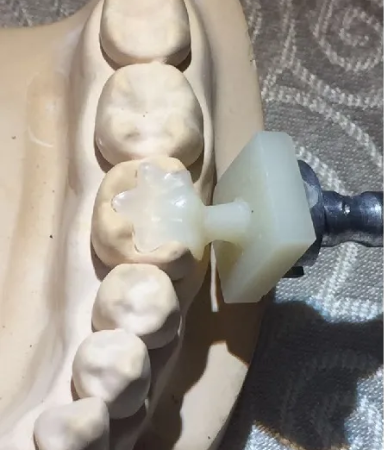
Restorative applications
A variety of polymers are commonly used for various applications in dental prosthetics. Polymethyl methacrylate (PMMA) is commonly used in restorative dentistry applications, including the fabrication of artificial teeth, denture abutments, dentures, obturators, orthodontic retainers, temporary or provisional crowns, and prosthetic dentures.
Other dental applications for PMMA include occlusal splints, printed or milled castings, molds for treatment planning, and dental specimen inserts for research purposes. the unique properties of PMMA, such as low density, aesthetics, cost effectiveness, ease of handling, and customizable physical and mechanical properties, make it a suitable and popular biomaterial for these dental applications.
This article provides a comprehensive review of the various aspects and properties of PMMA biomaterials used primarily for restorative applications. If you are looking for blocks for restorative dentistry, please visit the HONCHON SMILE website and contact us, we have all the products you are looking for.


